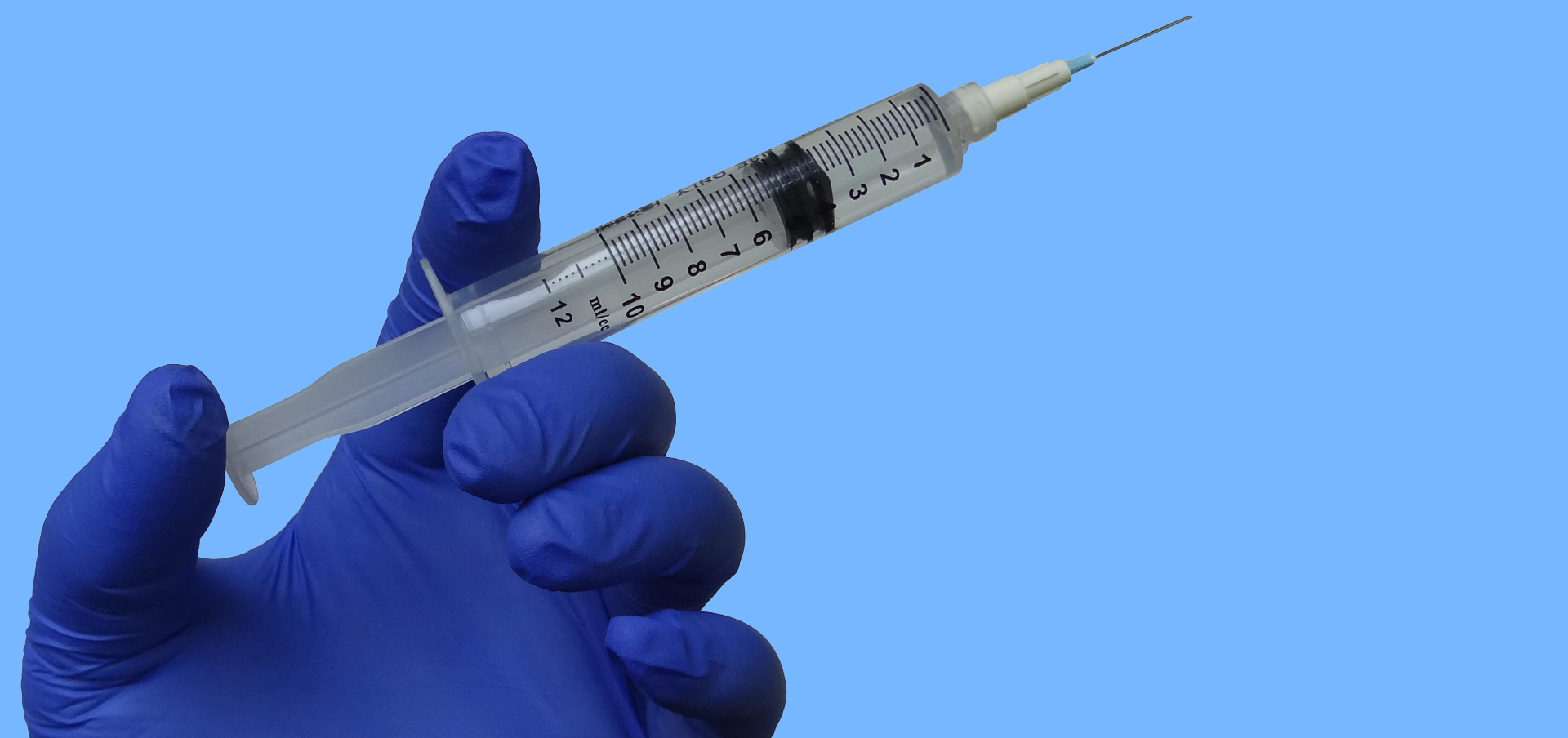What do you picture when you think of a nurse? Most people immediately think of a floor or bedside nurse. Many believe that nursing primarily entails asking questions, giving shots, and checking vital signs. They picture scrubs and stethoscopes. Some think of a hospital. Some think of a doctor’s office.
But that is only one depiction of a nurse. In reality, there are hundreds of career possibilities beyond hospital walls. If you are considering becoming a nurse but do not want to work day-to-day in patient care, rest assured – there are many alternative career options you can pursue with a nursing degree.
The following careers are four obtainable opportunities you may consider after completing your nursing degree at an accredited nursing school.
- Research Analyst
Are you looking for a nursing career with a less hectic schedule? Do you enjoy the research side of the medical field? A career as a Research Nurse Analyst or Clinical Research Analyst may be right for you.
Research analysts typically work in a medical facility, such as a hospital or clinical laboratory. While their duties vary place to place, research analysts typically can be found collecting data and information for medical studies. These studies may be measuring the effectiveness of a drug, a medical device, or a medical process on the human body. Entry-level research analyst jobs can be achieved with an associate degree in Nursing. Advanced research positions may require a Bachelor’s or Master’s nursing degree.
- Psychiatric Nurse
Does counseling or psychology attract you? Do you feel you are better fit for behavioral therapy than physical care? If so, a career as a Psychiatric Nurse may be a rewarding choice for you.
Psychiatric nurses provide care, therapy, and education to patients with mental health disorders and behavioral problems. They may work in drug rehabilitation centers, psychiatric hospitals, correctional settings, or right in the ER. Rather than routinely tending to the physically ill, psychiatric nurses assess, monitor, and treat patients with mental conditions such as schizophrenia, bipolar disorder, and depression. To become a psychiatric nurse, you need either an ASN degree, BSN degree, or both!
- Reproductive or Pediatrics Nurse
Do have a special place in your heart for children? Do you feel you are meant to help families and their children live a healthy life? If so, here are two nursing careers you can pursue with either an ASN or BSN degree.
Reproductive nurses work primarily with women and couples on family-building and reproductive health. Their role is to counsel and treat families in areas such as fertility, conception, and menopause. Pediatric nurses, on the other hand, work specifically with children and adolescents to provide routine care and treat illnesses and injuries. They also educate families about medical procedures, treatment plans, and preventative care. These positions both require nursing degrees, Associate or Bachelor’s, as well as RN certification and years of hands-on training.
- Forensic Nurse
Do you have a passion for helping others, and an interest in criminal justice, too? Do you prefer some behind-the-scenes work to break up your day-to-day routine?
Forensic nursing may be the career path for you. Forensic nurses are directly involved in the investigation of crimes. Some days, they may investigate an accidental death. Other days, they may examine victims of physical or sexual assault. In sum, these professionals collect and assess medical evidence to be used in trials and convictions. To become a forensic nurse, you must hold an Associate or Bachelors of Science in nursing. Employers may also prefer prospects who have completed some criminal justice courses or training.
Whether you are an aspiring student researching nursing programs or an RN looking to explore new opportunities in the nursing field, know that there are abundant options for you. These are just a few.
That is one major benefit of entering the field – nursing career options are truly endless! The above four positions are just a handful of the many jobs you can do with a nursing degree. We cannot forget all of the school nurses, oncology nurses, case managers, nurse writers, anesthetists, and advocates out there, too.
Another advantage of a pursuing a nursing career is the pure fact that there is consistently (and there always will be) a need for nurses. Currently, registered nursing jobs are projected to grow 16 percent by 2024, much faster than the average for all occupations. With increasing emphasis on preventive care, growing awareness of chronic conditions, greater access to healthcare insurance, and higher demand for healthcare services from aging baby boomers, there is no doubt that the need will only continue to rise.
Why wait to start your nursing degree? Learn more to see why Goodwin College is a leader in healthcare education in CT! You can also interact with us on Facebook or Twitter!
Goodwin University is a nonprofit institution of higher education and is accredited by the New England Commission of Higher Education (NECHE), formerly known as the New England Association of Schools and Colleges (NEASC). Goodwin University was founded in 1999, with the goal of serving a diverse student population with career-focused degree programs that lead to strong employment outcomes.

